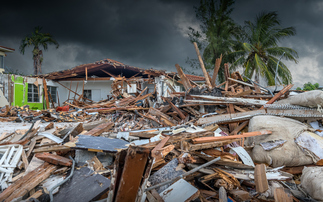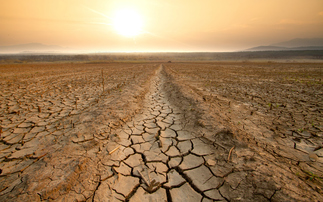The latest argument from climate sceptics that we can manage escalating risks may be flawed, but it could still aid those who want to see more climate action
George Monbiot has a necessarily angry and hard-hitting column in today's Guardian analysing the staggeringly reckless response to yesterday's IPCC report from those who think it highlights humanity's...
To continue reading this article...
Join BusinessGreen
In just a few clicks you can start your free BusinessGreen Lite membership for 12 months, providing you access to:
- Three complimentary articles per month covering the latest real-time news, analysis, and opinion from Europe’s leading source of information on the Green economy and business
- Receive important and breaking news stories via our daily news alert
- Our weekly newsletter with the best of the week’s green business news and analysis








